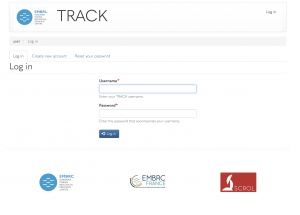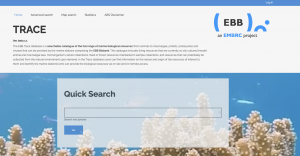The (bio)diversity of culture collections and biobanks regarding different types of organisms is of great value, specially in the pursuit of new biological products for the development of the blue bioeconomy, which makes these biobanks (most of them part of EMBRC), a very sought-after asset in applied research.
However, the organizational complexity of these culture collections and biobanks makes very difficult to navigate through them, as one may have to search through different libraries or databases, since each biobank has its own database. This is not only troublesome for anyone who wishes to find the right organism for its research, but it also brings problems from the point of view of traceability of Marine Biological Resources (MBR), a key aspect of Access and Benefit Sharing (ABS) regulations.
EBB´s consortium involves marine culture collections and biobanks belonging to ten European institutions and, led by Dr. Ian Probert, manager of Roscoff Culture Collection at Station Biologique de Roscoff (Sorbonne Université), EBB has developed two management tools: TRACK and TRACE.
TRACK has born out of the need of homogenizing the database organization of all the culture collections and the biobanks that are part of EBB. It is an e-tool designed to manage and provide access to data pertaining to sampling and maintenance of marine biological resources (collected in the wild, in sample collections or cultured) from biobanks.

TRACE is an online database that will serve as a common access system to marine biological resources collections. This searchable catalogue groups the full range of marine biological resources that can be provided by the marine stations of EBB, constituting the European Blue Biobank.

Both tools will be part of the legacy that our project will leave to the EMBRC community and to the marine research and science.
